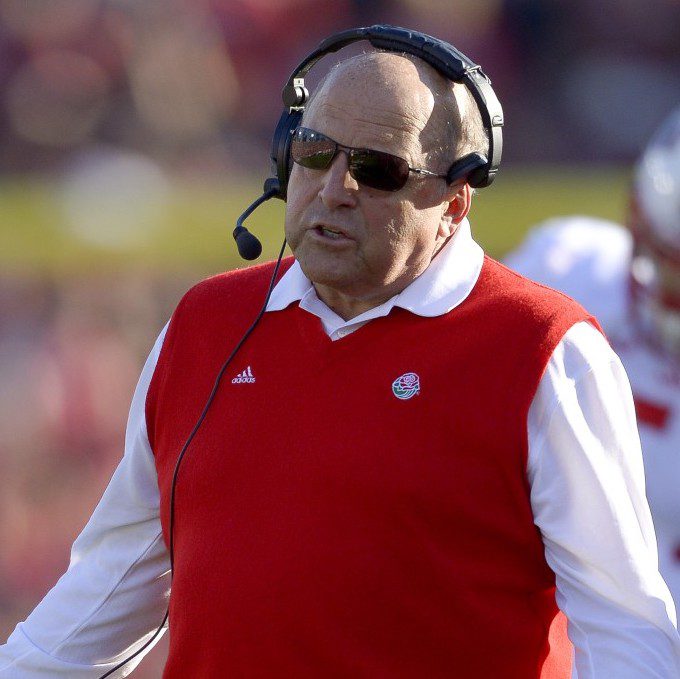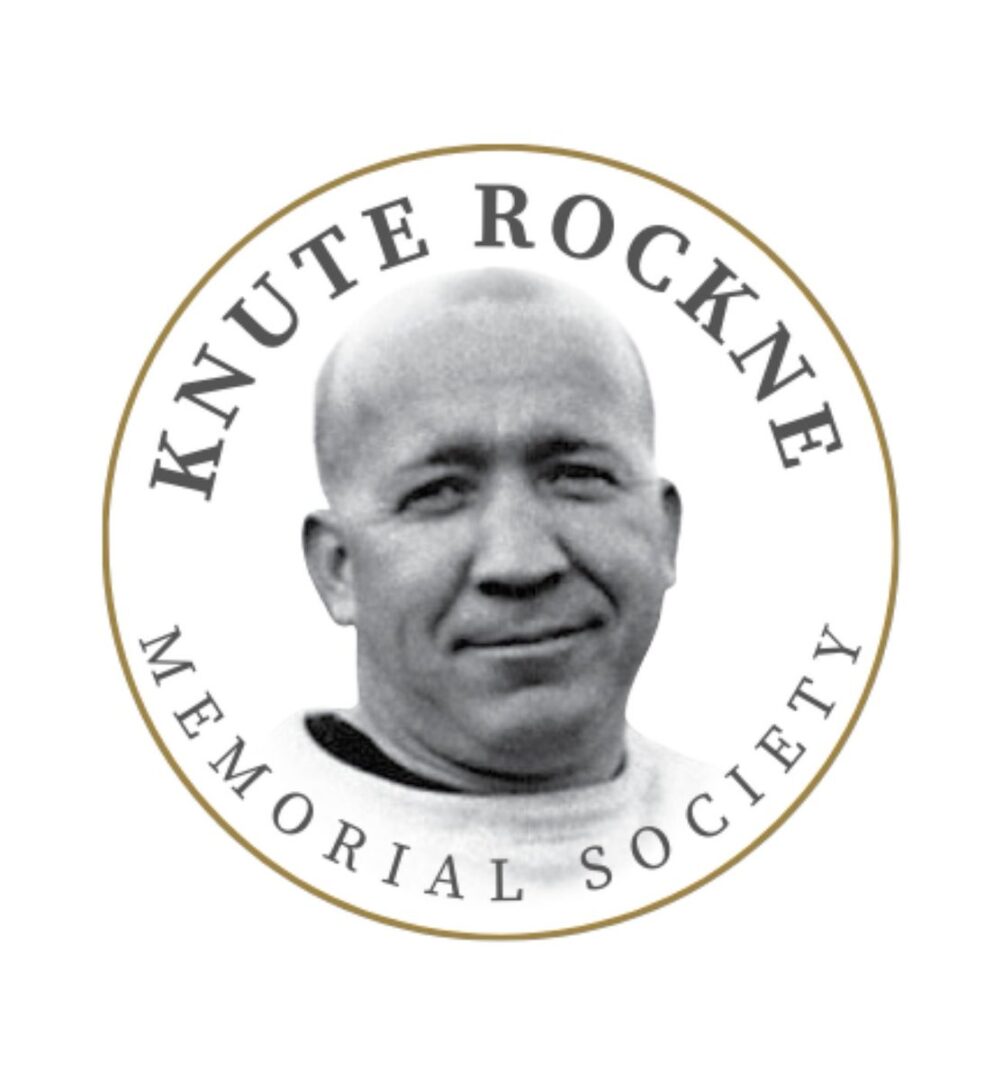
Barry Alvarez
2020 Living Legend award
When Barry Alvarez was hired as linebacker coach on the staff of Lou Holtz at Notre Dame in 1987, he had already honed his football acumen under two Hall of Fame coaches. The western Pennsylvania native had played linebacker at Nebraska in 1965-67 under Bob Devaney, and later coached at Iowa in 1979-86 under Hayden Fry.
After one season coaching Irish linebackers, Alvarez was elevated to defensive coordinator, and in the next two seasons (1988-89) guided one of the nation’s top units. The Irish defense allowed just 13.8 points per game under his leadership, driving ND to a 24-1 record and the 1988 national championship. In 15 of those 25 games, the Irish allowed 14 or fewer points.
Ned Bolcar, Frank Stams, Michael Stonebreaker, Chris Zorich, Wes Pritchett and Todd Lyght all gained All-American recognition under the tutelage of Alvarez.
Holtz had told Alvarez that, with his experience as a coordinator, he would be a prime head coaching candidate, despite only having been a head coach at high schools in Nebraska and Iowa early in his career. And when the University of Wisconsin came calling in 1990, Alvarez took the job with ND’s blessing.
Alvarez completely turned around a struggling program, filling Camp Randall Stadium and winning three Big 10 championships and three Rose Bowls. Alvarez compiled a career coaching mark of 120-73-4, including 9-4 in bowl games. He was twice named Big 10 Coach of the Year, and won two national Coach of the Year honors in 1993.
He served as Wisconsin football coach through 2005, and athletic director from 2004 until retiring in June 2021. Alvarez was inducted into the College Football Hall of Fame in 2010. Alvarez was one of the 13 inaugural members of the College Football Playoff selection committee starting in 2014.
Donate
Support the work of the Knute Rockne Memorial Society with a tax-deductible donation today.
Subscribe
Join our email list to receive the latest news and posts from the Knute Rockne Memorial Society.
